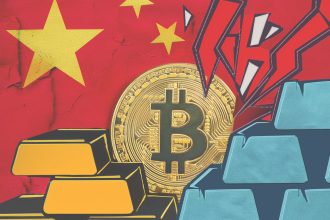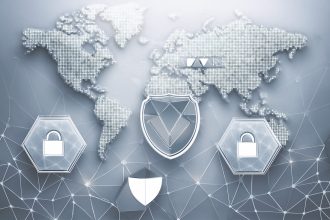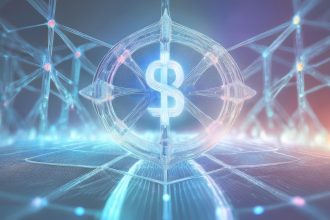A wave of concern is sweeping across Washington as details emerge about OpenAI’s mysterious crypto initiative, reportedly called ‘World’. While little is officially confirmed, early signals suggest that the project could involve blockchain infrastructure, digital identity, and possibly a token economy, triggering alarm among U.S. lawmakers and regulators.
The unease centers not only on the technology itself but also on the immense influence wielded by OpenAI, a company at the forefront of artificial intelligence development. Following its dramatic rise with ChatGPT, OpenAI now commands enormous public and enterprise trust. Its move into crypto is being closely scrutinized, particularly in light of ongoing debates around data privacy, financial decentralization, and the power of Big Tech.
Although OpenAI has not released a formal whitepaper, industry insiders point to activity suggesting the development of a blockchain-based platform that may focus on decentralized identity verification, possibly in response to growing concerns over AI-generated misinformation and deepfakes. Sources indicate that “World” could integrate cryptographic proofs, allowing users to verify their humanity or content authenticity without revealing personal information — a major use case for blockchain in an AI-dominated future.
However, this overlap of AI and crypto has raised red flags in Washington. Lawmakers are questioning whether the project could operate beyond the scope of current U.S. financial regulations. With growing bipartisan scrutiny on both the crypto sector and AI governance, the idea of OpenAI entering the digital currency space is viewed by some as a potential overreach, combining two powerful, largely unregulated forces into a single platform.
Senators and policy experts are already calling for greater transparency, asking whether such a project could pose risks to user autonomy, financial stability, or national security. Critics argue that OpenAI’s near-monopoly on foundational AI models, when combined with the economic incentives of a crypto system, could create “closed loops of influence” that limit public oversight and competition.
On the other hand, advocates for decentralization see promise in the project. If OpenAI’s initiative genuinely seeks to give users control over their digital identity and data, and if it’s built using open-source principles, it could be a transformational step toward a more secure and user-empowered internet. It may even serve as a defense mechanism against the darker sides of AI, including impersonation scams and misinformation.
Still, the lack of clear details has allowed speculation to fill the void. This ambiguity is contributing to unease in government circles already navigating how to regulate digital assets, while simultaneously trying to draft guidelines for AI development and usage.
As of now, OpenAI has neither confirmed nor denied the specifics of “World,” but the organization’s increasing interactions with blockchain researchers and crypto developers suggest something substantial is in the works. Whether it’s a decentralized identity layer, a new blockchain protocol, or something entirely different, all eyes are on how this initiative will unfold — and whether it will disrupt the fragile equilibrium between innovation and regulation.
One thing is certain: the convergence of AI and crypto isn’t just a technical milestone — it’s a geopolitical and ethical flashpoint. And OpenAI’s project “World” may be the catalyst that forces governments to finally grapple with what this convergence really means for society.
















13 Comments